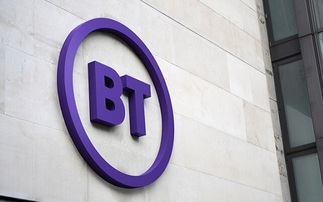"Automatic" compensation promised for anyone who does not get at least 10Mbps broadband - with faster speeds promised in time
The government has promised that "measures will be brought forward" to "create the right" for every household in the UK to have access to high-speed broadband, with "automatic" compensation for tho...
To continue reading this article...
Join Computing
- Unlimited access to real-time news, analysis and opinion from the technology industry
- Receive important and breaking news in our daily newsletter
- Be the first to hear about our events and awards programmes
- Join live member only interviews with IT leaders at the ‘IT Lounge’; your chance to ask your burning tech questions and have them answered
- Access to the Computing Delta hub providing market intelligence and research
- Receive our members-only newsletter with exclusive opinion pieces from senior IT Leaders






















